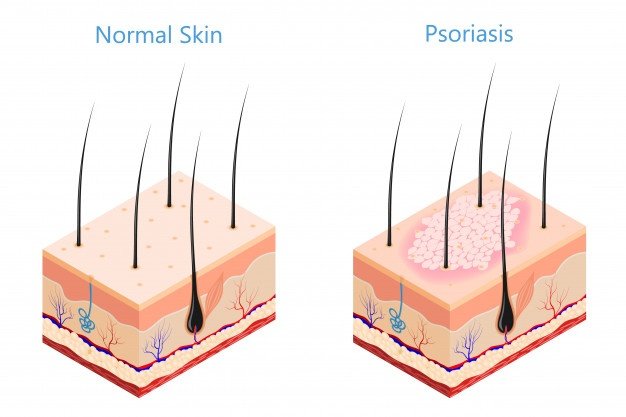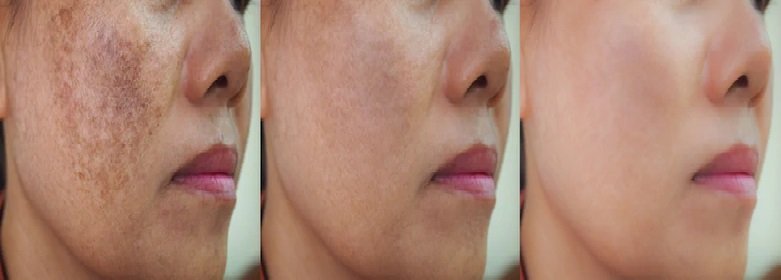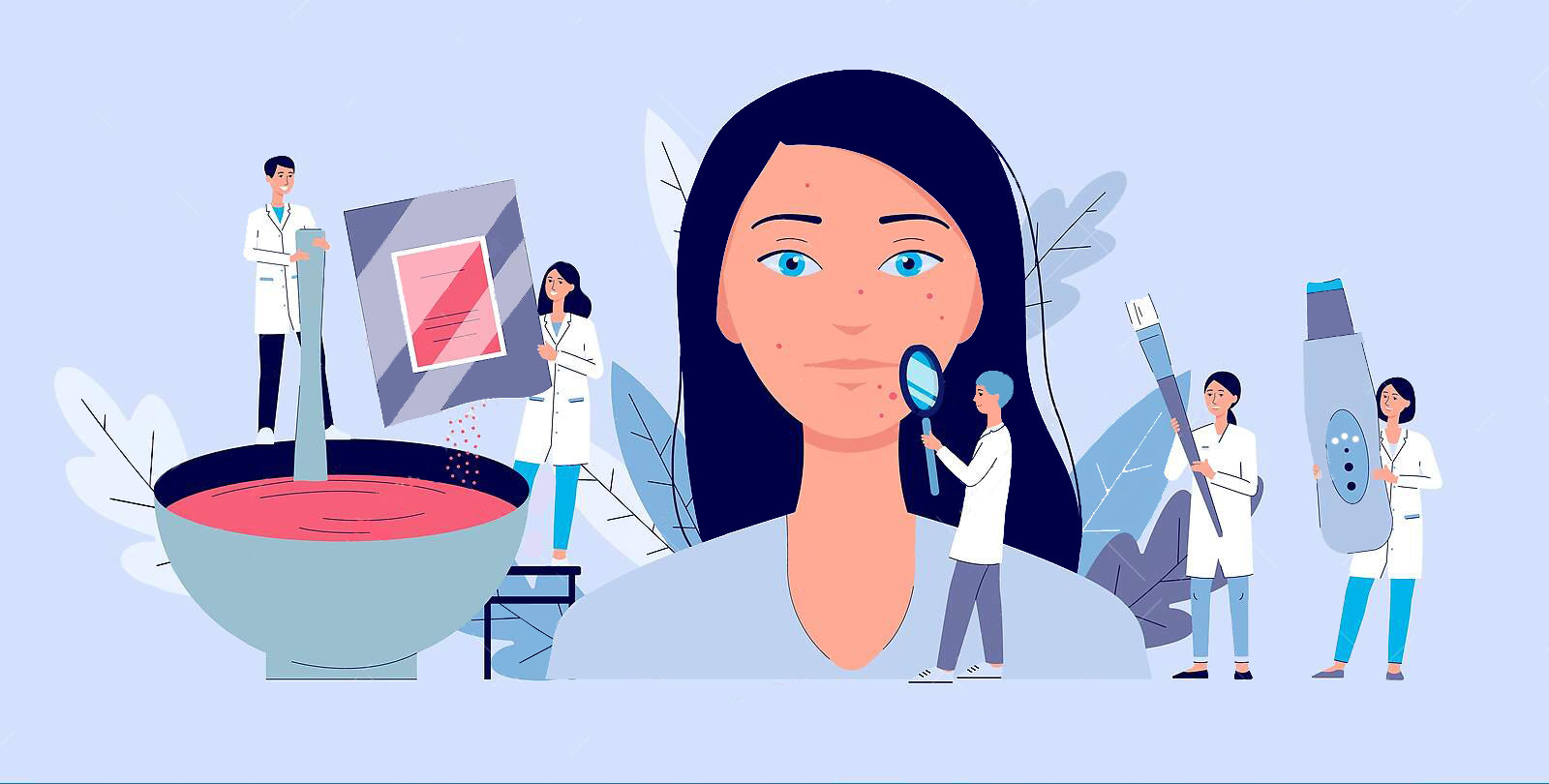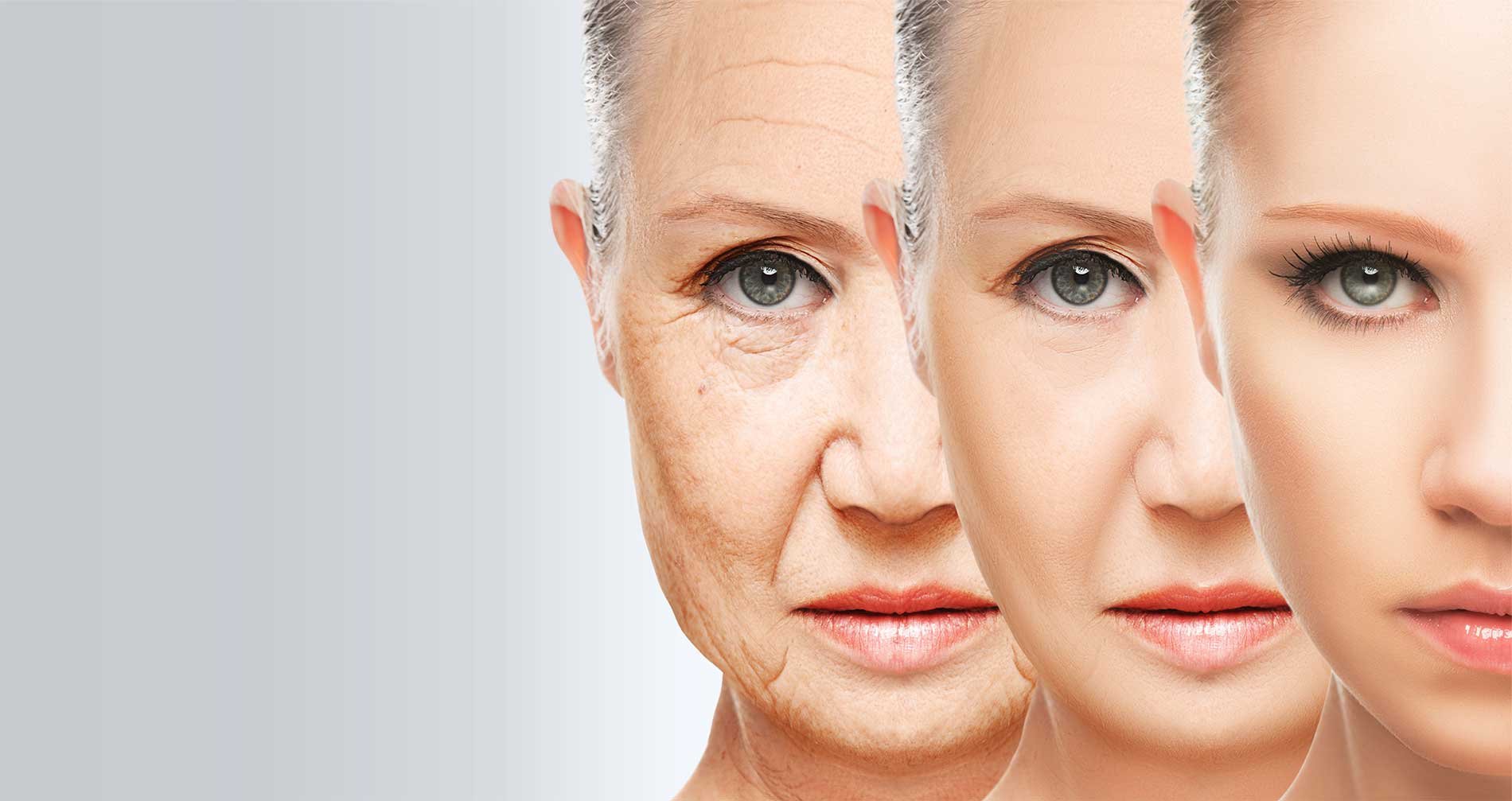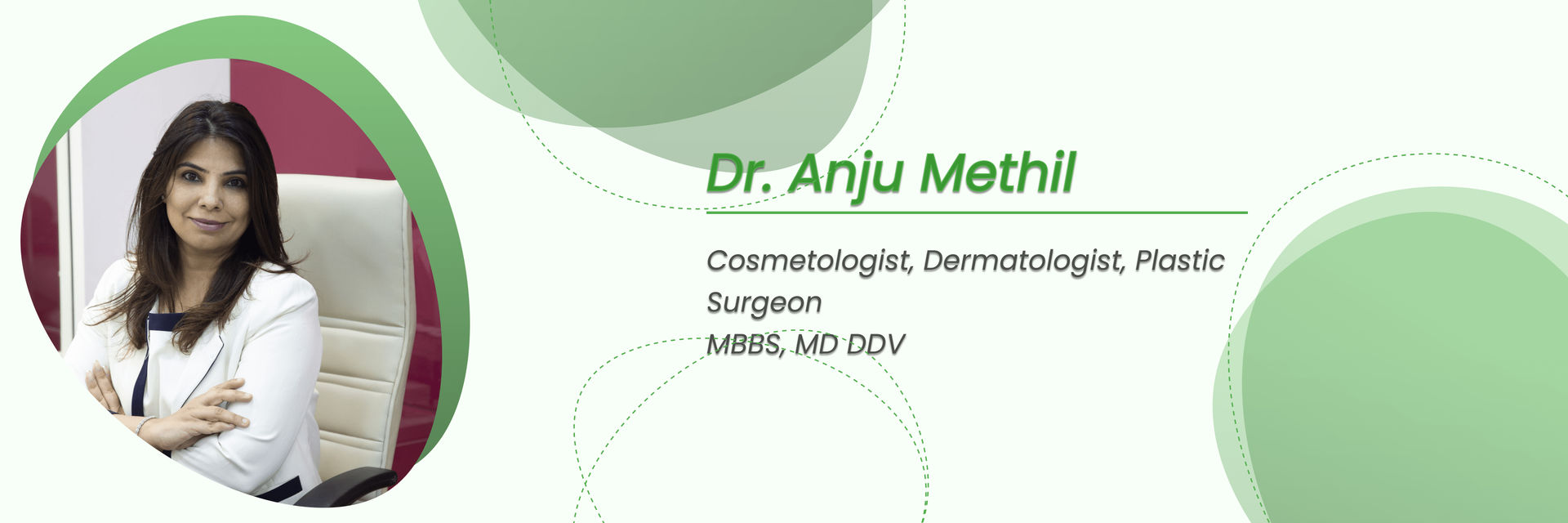Bringing a new life into the world is a profound experience, but for many new mothers, the joys of motherhood come with unexpected changes to their bodies. One of the most surprising and frustrating changes can be sudden hair loss after giving birth.
But what is postpartum hair loss?
It refers to excessive hair shedding post-delivery due to hormonal fluctuations, primarily affecting the hair growth cycle. It is often expected to resolve within a few months after delivery. Yet, for some women, the shedding continues beyond that, with hair loss lasting up to a year after childbirth.
In India, studies show that over 70% of new mothers experience noticeable hair thinning or shedding after pregnancy. Most anticipate it will subside by the time their babies reach a few months old, but for others, the condition lingers, leading to postpartum hair loss even 1 year after delivery. This unexpected timeline can cause distress and concern, especially when the regrowth process takes much longer than expected.
In this article, we will explore the reasons behind postpartum hair loss one year later, its prevention, treatment options, and effective management techniques backed by data and science.
Why Does Hair Loss Continue 1 Year After Delivery?
Postpartum hair loss is commonly associated with hormonal fluctuations, specifically the sharp drop in estrogen that occurs after childbirth. During pregnancy, high estrogen levels prolong the growing phase of the hair cycle, resulting in fuller, thicker hair. However, once estrogen levels return to pre-pregnancy levels, a larger percentage of hair enters the shedding phase at once.
For most women, this process begins a few months after giving birth and lasts for 6-12 months.
But what happens when hair loss extends one year postpartum?
This can point to other factors beyond the natural postpartum cycle, such as:
- Chronic Stress: The demands of parenting and physical exhaustion can push the body into a prolonged state of stress. Cortisol, the stress hormone, can further disrupt hair growth by affecting the hair follicles.
- Nutritional Deficiencies: New mothers often prioritize their baby's nutrition over their own. A lack of essential nutrients like iron, zinc, biotin, and vitamin D can lead to persistent hair shedding even one year after giving birth.
- Underlying Health Issues: Conditions like thyroid dysfunction or polycystic ovary syndrome (PCOS) can manifest after pregnancy and affect hair growth cycles, prolonging the shedding phase.
Can Postpartum Hair Loss Be Prevented?
While it’s difficult to prevent postpartum hair loss entirely, certain measures can help minimize its severity:
- Dietary Support: Eating a well-balanced diet rich in vitamins and minerals is crucial for hair health. Incorporate foods high in biotin (eggs, nuts), iron (spinach, lentils), and zinc (pumpkin seeds, whole grains) into your meals.
- Scalp Care: Massaging your scalp with nutrient-rich oils such as coconut or argan can improve blood circulation and nourish hair follicles. This may help stimulate regrowth and slow down excessive shedding.
- Hair Care Routine: Be gentle with your hair. Avoid excessive heat styling, tight hairstyles, and harsh chemical treatments, which can cause further damage to already weakened hair.
- Stress Management: Managing stress through meditation, yoga, or mindfulness techniques can help prevent stress-related hair loss. Ensuring proper rest and taking time for self-care is also vital for both your mental and physical health.
Postpartum Hair Loss After 1 Year Treatment Options
If you're experiencing significant hair loss one year after giving birth, there are a variety of treatments that can help restore your hair’s fullness:
- Minoxidil (Rogaine): This popular over-the-counter treatment stimulates hair growth by promoting blood flow to the scalp. It is FDA-approved and often recommended for women experiencing postpartum hair loss.
- Laser Therapy: Low-level laser therapy has been shown to stimulate hair follicles and encourage regrowth. This non-invasive treatment is becoming increasingly popular for managing hair loss in both men and women.
- PRP Therapy (Platelet-Rich Plasma): A more advanced option, PRP therapy involves injecting a concentration of platelets from your blood into your scalp. The growth factors in PRP are believed to promote hair regrowth.
- Supplements: Certain hair growth supplements containing biotin, collagen, and other nutrients can help strengthen hair follicles and encourage regrowth.
| Treatment Option | Effectiveness | Cost (Approx) |
| Minoxidil | Stimulates hair regrowth | ₹500-₹1500 |
| PRP Therapy | Improves hair density and growth | ₹10,000-₹20,000 |
| Low-level Laser Therapy | Encourages hair follicles to grow | ₹50,000+ |
What Vitamins Are Good for Postpartum Hair Loss?
A deficiency in certain vitamins can contribute to postpartum hair loss. Some essential nutrients include:
- Biotin (Vitamin B7): Promotes hair health by strengthening hair follicles.
- Iron: Supports the production of healthy red blood cells, vital for hair growth.
- Zinc: Essential for tissue growth and repair, including hair follicles.
- Vitamin D: Plays a role in hair follicle cycling and immune function.
Including these vitamins in your diet or considering supplements after consulting a doctor can significantly help reduce hair loss.
How to Manage Hair Loss One Year Postpartum?
- Nutritional Supplements: Consider taking a multivitamin that includes iron, biotin, and zinc after consulting your doctor.
- Healthy Hair Care Habits: Use gentle, sulfate-free shampoos and avoid heat styling whenever possible.
- Regular Scalp Massages: Stimulate hair growth by massaging your scalp daily with nourishing oils.
- Consult a Doctor: If hair loss persists beyond one year, it is important to consult a healthcare provider to rule out any underlying health conditions like thyroid problems or anemia.
FAQ
1. Can Postpartum Hair Loss Last Beyond One Year?
Yes. If you're experiencing postpartum hair loss after 1 year, it could indicate underlying health issues such as nutrient deficiencies or thyroid problems. It’s advisable to consult a healthcare professional to diagnose and treat any conditions contributing to persistent hair loss.
2. When Does Postpartum Hair Loss Begin?
Typically, postpartum hair loss starts around 2-4 months after delivery. However, it is important to note that the intensity and duration of hair loss can vary from person to person. Sometimes, hair loss can be delayed, appearing around 6-9 months postpartum, but persistent loss after one year is unusual and warrants investigation.
3. How Long Does Postpartum Hair Loss Last?
Postpartum hair loss usually peaks at around 3-4 months and can continue for up to 12 months. However, it might be time to seek professional help if it persists beyond this. In many cases, recovery from hair loss depends on addressing underlying health issues such as hormonal imbalances or nutrient deficiencies.


